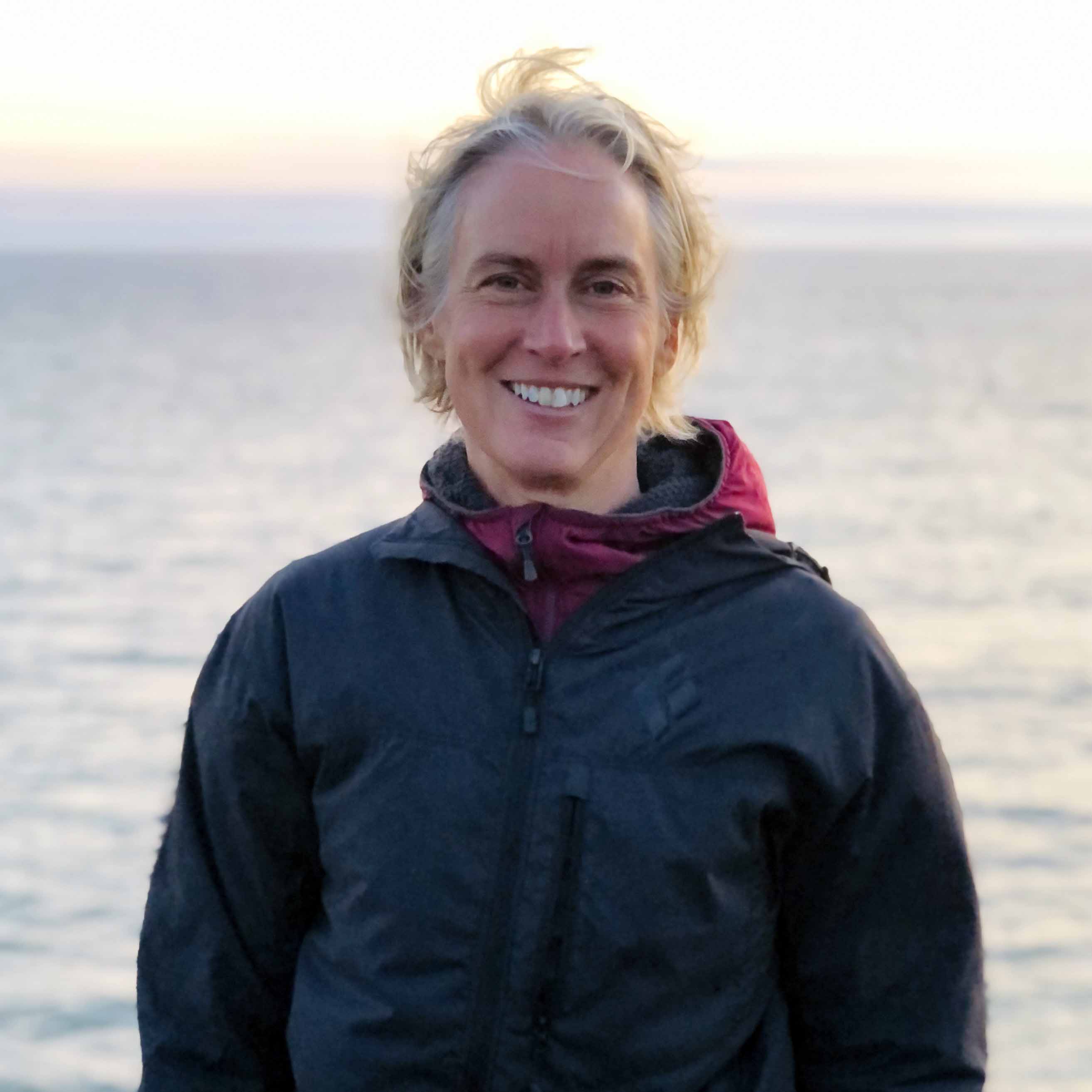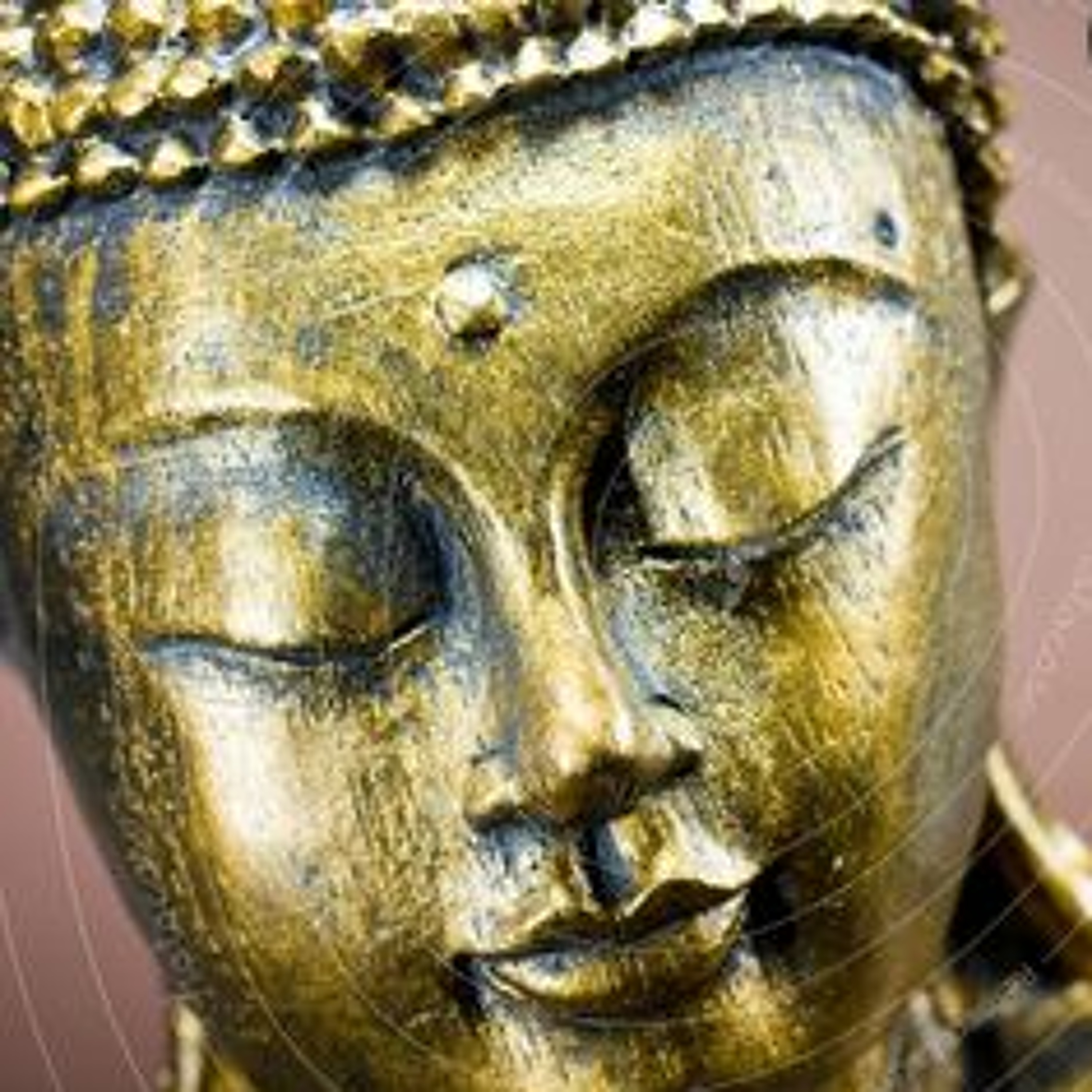Show Notes
Dr. Sean Hillman discusses caregiving work and his research on end-of-life care in India through the lenses of religious studies, bioethics and the law. He talks about how religious views affect end-of-life decision-making of patients, families and health care professionals; issues around blocking disclosure of bad news in sharing of sensitive medical information; ritual fasting and immobilization at the end of life; and attitudes towards end-of-life care, including pain management, hospice palliative care and assistance in dying.
Dr. Hillman is a clinical bioethicist with the Centre for Clinical Ethics (CCE), a consultant organization based at Unity Health Toronto and contracted to seven institutions in Ontario. He also is a Buddhist Corrections Chaplain for two facilities in the Kingston region. Dr. Hillman was a bedside caregiver in hospital for almost two decades and did a year-long fellowship in Clinical and Organizational Bioethics also at the CCE. A medical anthropologist and textualist, he has a doctorate in religion, bioethics, and south Asian studies from the University of Toronto.
A scholar of Asian philosophies and languages for almost thirty years, Dr. Hillman has spent five years living, studying and researching in India. His current research projects are on maximizing decisional participation by those who might have mental capacity interferences, and on how to better understand why families may request aggressive medical management for their loved-ones despite a poor prognosis (including religious logic such as vitalism, non-harm and filial piety). Dr. Hillman is a member of Durham Family Resources community advisory committee for their “recognizing capacity” pilot project which advocates for increased inclusion of those with intellectual, cognitive or communication challenges and for including supported decision making in Ontario healthcare law.




